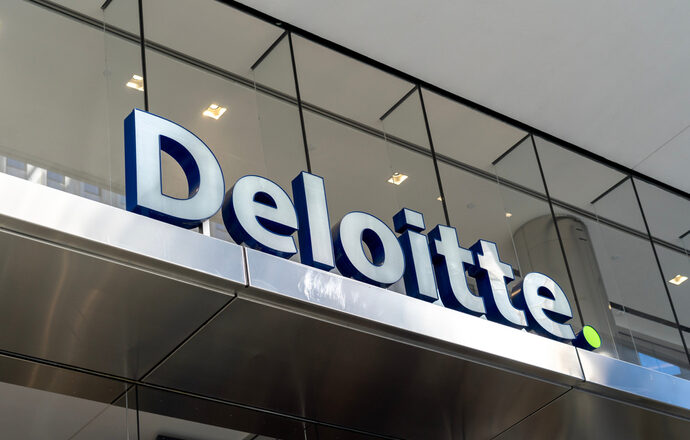Only 28 percent of businesses ready for impact investing; many re-evaluating CSR strategies amid new regulations: Deloitte CSR survey

Deloitte India’s CSR preparedness survey indicates that only 28 percent of the surveyed organisations feel “very prepared” to navigate the complexities of impact investing, despite over 50 percent of them having strong interest in it, including engagements with India’s Social Stock Exchange and other innovative models, such as social bonds and pay-for-success. The survey further highlights that 50 percent of them are re-evaluating their CSR strategies due to changing local and global regulatory landscapes and enhanced disclosure requirements.
India’s CSR landscape is evolving from a compliance-driven activity to a strategic imperative, with 80 percent of organisations surveyed recognising CSR as a critical part in shaping their organisations’ corporate strategy. According to the survey, ~25 percent of participating organisations reported spending INR100 crore or more on CSR; those with over 15 years of experience established dedicated foundations to drive their CSR initiatives. About 185 Indian organisations took part in the survey, and the respondent pool included CSR heads, chief sustainability officers, ESG heads, CHROs and senior management executives from various industries.
Sumeet Salwan, Partner, Deloitte India, said, “CSR has evolved from a compliance function to a strategic driver of corporate strategy, now prominently featured on boardroom and investor agendas. The growing trend in CSR expenditure is a testament to it becoming an indispensable component of India’s development narrative, catalysing societal progress. We see strong leadership buy-in for integrating CSR as a strategic lever, helping the boardroom to focus on themes that directly address beneficiary needs and have a meaningful impact on the ground. Now is the opportune moment for India Inc. to enhance future readiness by embracing technology in CSR and exploring new avenues for impact investing.”
Technology is a crucial factor in shaping CSR’s future. More than one-third of participating organisations expressed their willingness to invest in technology solutions for effective management of CSR initiatives. However, about half of the organisations see technology as one of the top three challenges in CSR implementation.
Amit Tandon, Partner, Deloitte India, said, “Embracing technology is crucial for the evolving CSR sector. Companies recognise the need to invest in solutions such as big data analytics, AI and ERP for the effective implementation, execution and monitoring of CSR initiatives. To boost tech adoption, organisations should prioritise knowledge sharing, collaboration and upskilling through training programmes and collaborations with tech providers.”
Remarkably, 65 percent of the organisations surveyed had started conducting mandatory impact assessments following the amendments made to the CSR rules and regulations on 22 January 2021. Notably, most of these organisations are inclined towards output-led decision-making, recognising its pivotal role in driving enhanced growth and ensuring superior project outcomes. This approach has captured the attention of leadership across sectors, highlighting its importance in the current landscape.
Most organisations’ CSR programmes focus on healthcare, sustainability, and education to tackle key societal issues. Furthermore, 43 percent of organisations actively engage in initiatives that promote gender equality and women empowerment.
About 80 percent of organisations indicated that they measure the programmatic and financial performance and progress of CSR initiatives in-house. This suggests that there is a growing trend towards implementing standardised monitoring processes to ensure accountability. This is more prevalent in companies that have been in operation for more than 15 years, suggesting a correlation between organisational maturity and the adoption of in-house measurement practices.








